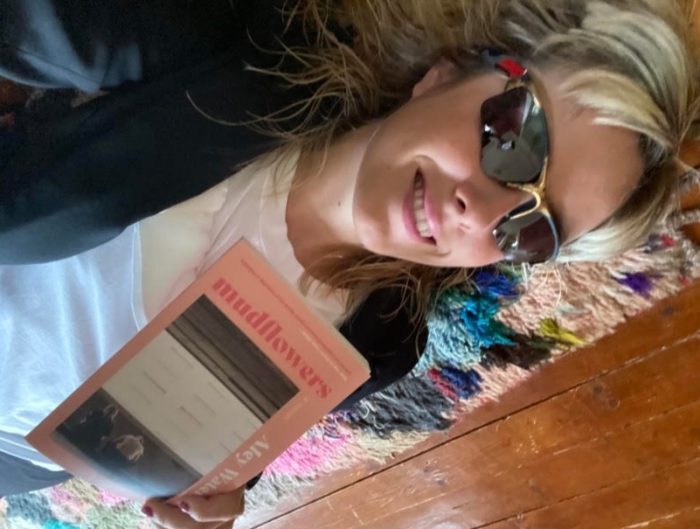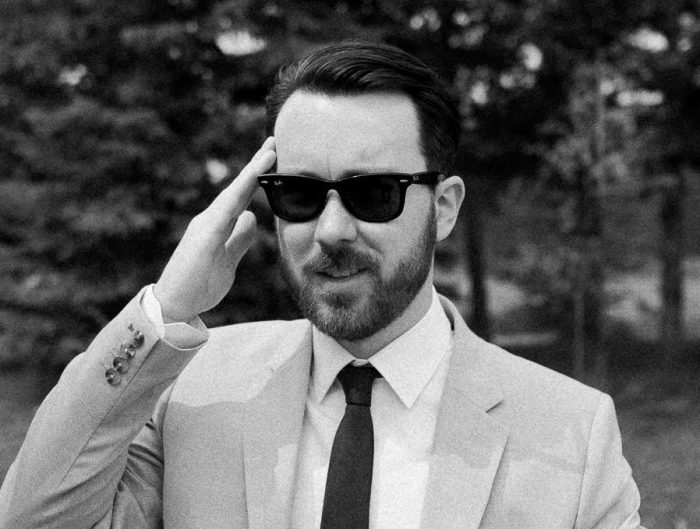I’ve long felt that money plays too big a role in St. John’s politics. My experience running for a councillor-at-large seat has shown me that a lot of voters in St John’s agree. wh
Most of us understand the dangers of political donations. Donations undermine democratic accountability. Elected representatives should be equally accountable to everyone, but if their political fortunes depend on a few wealthy and interested donors, those donors voices’ will be heard far louder than yours.
Donations raise concerns about corruption—justified or not. When a major donor gets a contract or a zoning change, it’s hard to help wondering if something is crooked.
Donations also make political campaigns more expensive: if successful candidates start putting signs on every street corner and hiring professional campaign staff, that becomes the new standard, and candidates who can’t afford to will fall behind.
Given those dangers, why do we allow any campaign donations at all? I used to think campaign finance rules should be as restrictive as possible. But the truth is, good ideas don’t spread themselves. You need handbills, ads, and even the much-reviled signs to become familiar enough to voters that they give your ideas a chance.
We don’t want fundraising to be so hard that only rich candidates can afford to run. And we don’t want getting your message out to be so difficult that only incumbent councillors who are already familiar can win. We need sensible rules to limit the amount of money in politics while allowing fair, competitive elections.
This campaign has already seen two good ideas advanced by Ian Froude and Hope Jamieson: (1) ban corporate and union donations and (2) require pre-election disclosure of donors’ names. I’d support both changes. But I think the most fundamental change we can make is (3) lower spending limits.
Right now, candidates are allowed to spend about $25,000 or so for a ward campaign, and $80,000 or so a citywide campaign. That’s a lot of money! I’ve been fundraising hard and successfully; I’ve put up signs and passed out materials; and I doubt I’ll spend a quarter of my spending limit.
(It’s possible to raise that much money from small donors; Sheilagh O’Leary managed to raise over $90,000 for her 2013 mayoral run; but once you can raise that much money you’ve already promoted yourself and your message pretty successfully!)
Spending limits this high don’t help people get their message out there. Instead, they allow a few candidates to use their personal wealth or their business connections to bury the rest of the field.
From my experience, I think the spending cap for an at-large campaign should be reduced to $20,000 or 25,000 or so. The cap should be higher for mayor or deputy-mayor races, and lower for ward races. That will reduce concerns about the influence of donors. It’ll level the playing field. And it’ll encourage campaigns based on ideas rather than logistics.
Maggie Burton
St. John’s












Leave A Reply